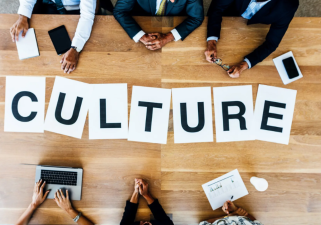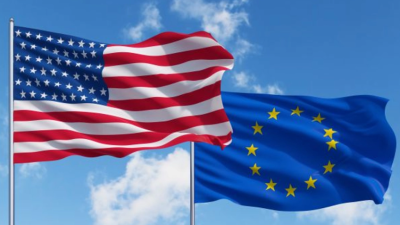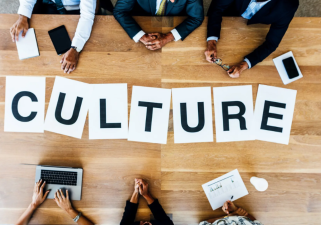Why Culture Matters More Than Ever in 2025
The importance of culture is reflected in many ways. First, culture is humanity's shared spiritual heritage and the cornerstone of human social development. Second, culture provides a sense of identity and belonging, helping individuals establish their own identities and social connections. Furthermore, culture promotes communication and understanding, fostering social harmony and development.
The importance of culture is reflected in many ways. First, culture is humanity's shared spiritual heritage and the cornerstone of human social development. Second, culture provides a sense of identity and belonging, helping individuals establish their own identities and social connections. Furthermore, culture promotes communication and understanding, fostering social harmony and development.
The influence of culture extends beyond the arts and entertainment sectors; it profoundly impacts all aspects of society. A country's soft power depends largely on the appeal and appeal of its culture.
- Culture provides a sense of identity and belonging
Culture is an essential component of identity and social belonging. Through shared language, values, and customs, people develop a sense of belonging and connect with others. For example, people from different countries and regions share common cultural traits, fostering a sense of belonging and sharing cultural festivals and celebrations. This sense of cultural identity and belonging helps individuals develop self-awareness and self-esteem, and contributes to social cohesion and stability.
- Culture promotes communication and understanding
Exchange and interaction between different cultures help people get to know and understand each other. By learning about and understanding other cultures, people broaden their horizons, overcome prejudices, and foster respect and tolerance for other groups. For example, international exchange activities and cross-cultural communication help promote exchanges and cooperation among nations, enhance international friendship, and foster peaceful development. Cultural exchange and understanding contribute to harmonious interpersonal relationships and a social environment conducive to cross-cultural coexistence.
- Culture plays a vital role in the development of human society and individual growth
It is humanity's shared spiritual wealth, providing people with a sense of identity and belonging, and fostering communication and understanding. Therefore, we should value and protect cultural heritage, strengthen cultural education and exchange, and achieve harmonious social development. Only by valuing culture can we propel human society toward greater progress and development.
The importance of culture lies in its role as humanity's shared spiritual wealth, providing a sense of identity and belonging, and promoting communication and understanding. We should value and protect cultural heritage, strengthen cultural education and exchange, and achieve harmonious social development. By enhancing our understanding of culture, we can broaden our horizons, enhance understanding and communication with others, and jointly advance human society toward greater progress and development.





